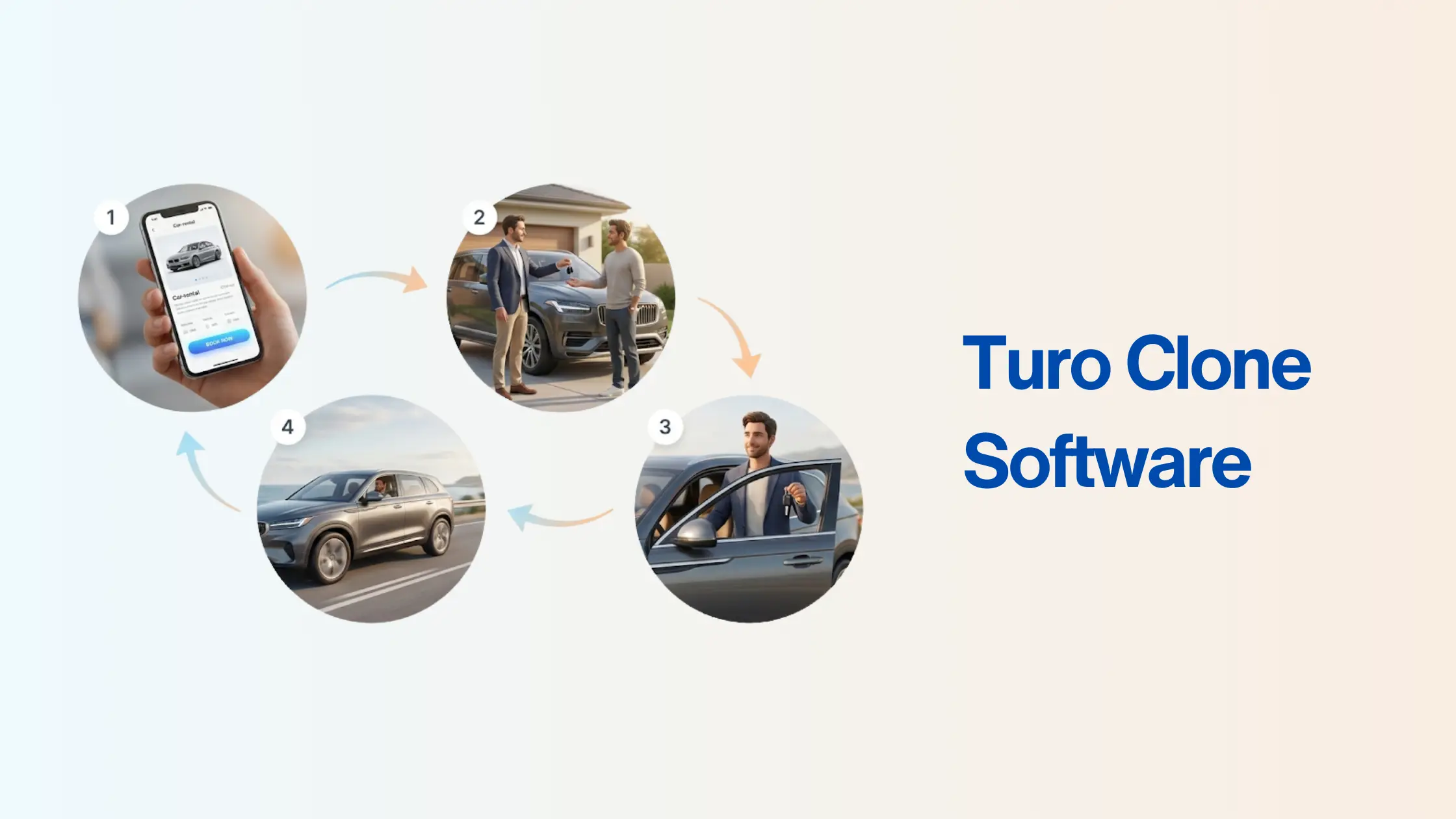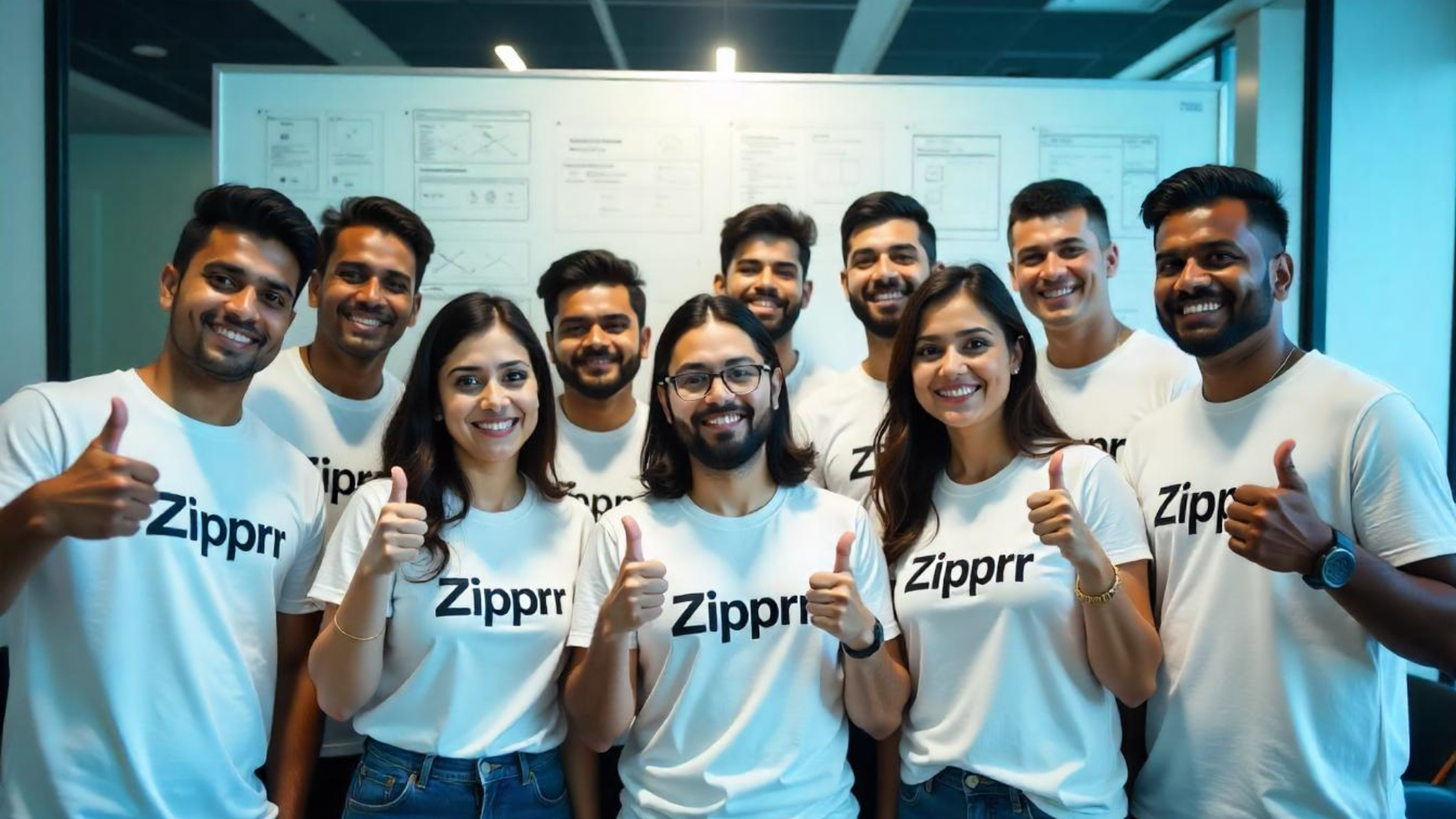Groupon took the world by storm when it pioneered the group coupon model in 2008. This Chicago-based startup saw exponential growth, reaching profitability and over $760 million in revenue by 2011. How’d they do it? Groupon negotiates huge discounts (typically 50-60% off) with local businesses for deals on restaurants, spas, events, and more. Users get great deals while Groupon and the business split the profits.
Within just 3 years, over 150 million people had signed up to access these incredible deals! With this ingenious business model disrupting the e-commerce space, it’s no wonder entrepreneurs worldwide want to learn how to create a website like Groupon. In this article, we’ll break down the key components you’ll need to launch your own successful daily deals website.
History and Success Story of Groupon
The Groupon story starts in 2008 with founder Andrew Mason pioneering the concept of group coupons in Chicago. Mason realized that combining collective bargaining power with incredible local deals would be a winning formula. He was right! Within a year, Groupon was already profitable with millions in revenue.
The growth was simply explosive. By 2010, just 2 years after its launch, Groupon had over 150 million users snapping up deals on restaurants, spas, events, and more in 500+ cities. The company was valued at over $1 billion, making it the fastest company ever to reach this milestone.
Groupon went public in late 2011, in what was the biggest IPO by a web company since Google. The valuation? A whopping $12.7 billion! Not bad for a 3-year-old company! This overnight success was in large part due to Groupon’s ingenious daily deals model that benefitted users, merchants, and of course, Groupon itself.
Groupon continued its upward trajectory by acquiring companies across the globe to expand internationally. It also evolved its offerings beyond just deals into a full marketplace model. Although it hit some roadblocks in later years, Groupon remains a major player in the local e-commerce space. It paved the way for countless other companies to replicate the daily deals model. Even over a decade later, Groupon serves as an inspirational story of how a simple but powerful idea can disrupt an industry.
Groupon Revenue Model
Making money through discounted deals and coupons
Groupon negotiates discounted deals and coupons with local merchants, often at deep discounts like 50-60% off the regular price. Users purchase these vouchers at a discounted price, allowing them to enjoy great bargains on activities like dining out, spa services, events, and more.
This benefits users looking for deals while allowing Groupon to pocket the difference between the discounted price and the regular price. The revenue from the sale of discounted deals and coupons is a core part of Groupon’s business.
Taking a commission from each transaction
Whenever a user purchases a coupon deal on Groupon, the company takes a commission from the transaction. This commission is typically around 30-50% of the voucher price paid by the customer.
For example, if a $100 spa voucher is purchased for $50 on Groupon, the company may take a $25 cut as commission and pass the remaining $25 to the spa. This commission that Groupon deducts from every sale is an important revenue stream.
Upselling additional services to merchants
In addition to commissions on voucher sales, Groupon also makes money by charging merchants for various extra services. For example, they may offer merchants premium placement or additional promotion of their deals to more users for an added fee.
It also offer detailed analytics reports to merchants about deal performance for an extra cost. These types of upsells are another way to generate revenue from merchants who want added benefits.
Generating revenue through advertisements
Groupon allows relevant businesses to place paid advertisements on its platform. For example, a restaurant may pay to promote its deals to users located in a certain city. These advertisements targeted by location, interest, purchase history, and other factors allow Groupon to monetize through ads in addition to commissions and merchant services.
9 Steps to Creating a Website Like Groupon
Step 1: Conduct Market Research
No successful business launches without proper market validation. Begin by researching the daily deals space in your locale to assess demand among both users and businesses.
- Analyze competition to see how saturated the market is for deal sites.
- Create surveys using Google Forms and social media polls to gauge interest among potential users. See what kind of local deals they would like.
- Reach out to small businesses in your area to assess their appetite for running discounted deals through a platform like yours. Get feedback on their concerns.
- Use tools like Google Trends to analyze search volume for related keywords in your location. This can help estimate organic traffic potential.
Through comprehensive market research, verify that launching a daily deals site in your region is viable and solves real user and business needs before investing significant capital.
Step 2: Decide Your Business Structure
Daily deals websites involve complex business considerations regarding legal structure, taxation, licensing, and regulatory compliance.
- Will you operate as a sole proprietorship, partnership, LLC, or corporation? Consult lawyers and accountants to determine the optimal business structure.
- Obtain necessary business licenses and tax registrations. Deal sites typically need a sales tax permit at a minimum.
- Understand any regulatory requirements around marketing activities like email campaigns, which most deal sites rely heavily on. Stay compliant.
- Get qualified legal advice to ensure your terms and conditions, refund policies, and privacy policies adhere to applicable laws and protect your business appropriately.
Choosing the right business structure early on lays the groundwork for running a deals site legally and safely. Don’t skip this step!
Step 3: Partner with Suppliers
The lifeblood of any deals platform is discounted offers from local businesses. So, how do you get suppliers on board?
- Identify leading businesses in categories like dining, activities, beauty, and fitness. Reach out and share stats on your market validation efforts. Highlight the benefits of running promotions on your platform.
- Offer attractive commissions – often 50% or more of the deal value. Greater commissions enable more enticing discounts for users.
- Start by focusing on businesses that benefit from upfront cash flow or attract new customers. For example, restaurants, salons, gyms, tours & activities.
- Structure exclusive deals that suppliers don’t offer on other platforms to add value.
- Make the deal submission process simple through online forms or templates. Follow up quickly.
- Onboard diverse suppliers across multiple categories to offer users variety.
Cultivating strong partnerships with local businesses willing to offer exclusive deals is absolutely vital to any daily deals model. Allow generous commissions and make the process extremely convenient for suppliers.
Step 4: Build a User-Friendly Website
Designing an intuitive, aesthetically pleasing website is crucial for any platform’s success. Follow best practices of top deal sites:
- Optimize site architecture around deal discovery, with category pages, filters, personalized recommendations, and deal alerts.
- Implement responsive design for a flawless experience on mobile. This is especially important for spur-of-the-moment deal purchases.
- Incorporate vibrant visuals of deals. High-quality photos grab attention and convert visitors.
- Use modern, minimalist interfaces that easily highlight daily deals without clutter. Draw inspiration from Groupon’s clean UX patterns.
- Make checkout and payment seamless requiring minimal steps and clicks. Abandoned carts kill potential revenue.
- Allow users to easily manage deal vouchers in their account dashboard. Enable features like reminders and referrals.
Daily deal seekers have little patience for friction or confusion. Developing a top-notch website that delights users and showcases deals attractively is well worth the investment.
Step 5: Implement Secure Payments
Trust and security are paramount when handling financial transactions online.
- Partner with recognized payment gateways like Stripe or PayPal for accepting payments. They handle the complexities of managing secure payments across multiple methods.
- Obtain an SSL certificate to encrypt all data transmission on your site. Display trust badges prominently.
- Inform users about your security practices and policies. Communicate measures like mandatory SSL, encryption of sensitive data, PCI compliance, etc. to build confidence.
- Support popular payment modes – credit cards, debit cards, mobile wallets, prepaid cards, etc. Offering choice improves conversion rates.
- Use dedicated payment pages with validated fields for card details. Never store actual card numbers on your servers.
- Integrate fraud analysis tools to detect suspicious transactions and minimize risks.
Do not compromise on payment security. Implement robust solutions, inform users of safety measures, and continuously monitor fraud patterns.
Step 6: Market Your Platform
An exceptional website is worthless without a steady stream of visitors discovering and engaging with your deals. Marketing is crucial.
- Perform keyword research to target relevant long-tail search queries around local deals and promotions. Produce SEO-optimized content accordingly.
- Run Google and social media advertisements to drive awareness and installs of your mobile app (covered next).
- Leverage social media organic reach by sharing deals and engaging followers on platforms like Facebook and Instagram.
- Send out regular email campaigns with personalized deals based on location, past purchases, and interests. Offer incentives for sharing with friends.
- Onboard influencers in your region to help spread the word about your deals to their engaged audiences.
- Distribute marketing flyers, banners, and signage across local neighborhoods, college campuses, office parks, etc. to increase visibility.
- Attend events or sponsor community activities to connect with potential users in person.
With relentless creativity and data-driven testing, build multi-channel marketing strategies that cost-efficiently drive massive awareness of your platform and deals.
Step 7: Retain Customers
Gaining new users is only half the equation – you must also retain them for repeat business. Some proven tactics:
- Send personalized deal recommendations and alerts based on previous activity and expressed interests. The more relevant your emails are, the better engagement will be.
- Offer loyalty programs with points or credits for purchases and referrals. Provide exclusive rewards or early access to super users.
- Conduct satisfaction surveys for customer feedback. Use insights to improve website UX, deals lineup, etc. Follow up with disengaged users.
- Leverage push notifications to re-engage users who haven’t visited recently. Send timely alerts for upcoming deals.
- Share user-generated content like deal reviews and redemption photos on social media and email campaigns. This builds trust.
- Provide exceptional customer support via chat, email, and social channels. Quickly resolve complaints.
Reducing churn and nurturing loyalty increases lifetime value. Utilize data, automation, and community-building tactics to delight users.
Step 8: Launch a Mobile App
Almost all daily deal discovery and purchasing happen on smartphones today. A well-designed mobile app is absolutely essential.
- Build native iOS and Android apps using React Native or Flutter to deliver responsive UIs optimized for different devices.
- Include all the key website features like deal listings, search, filters, personalization, cart, and payment.
- Enable push notifications to engage users and highlight time-sensitive promotions.
- Link app user accounts with website accounts for a seamless omnichannel experience.
- Optimize app store listings with compelling descriptions, screenshots, and videos highlighting your best deals.
- Monitor app analytics related to installs, usage, and conversions to refine user flows. Pursue swift product iteration.
For platforms like daily deal sites, mobile apps greatly boost discoverability while enabling purchases anytime, anywhere. They should be a top priority.
Step 9: Analyze Data & Iterate
Leverage data to constantly refine your offerings and business operations.
- Track key metrics across marketing, product, revenue, deals performance, and customer engagement. Set benchmarks.
- Monitor user behavior on site and app to identify pain points. Conduct A/B tests to trial and optimize enhancements.
- Analyze deal performance data to inform supplier negotiations. Assess demand levels across categories, locations, etc.
- Build custom reports and dashboards for suppliers so they can self-serve data on deal ROI and make data-driven decisions.
- Implement analytics and feedback loops across customer touchpoints – support conversations, churn surveys, etc.
- Leverage tools like Google Analytics, Mixpanel, Tableau, and Looker to unlock insights.
With continuous data analysis and a culture of experimentation, keep optimizing all aspects of your platform for maximum growth. The work doesn’t stop at launch!
How Much Does It Cost to Build a Website Like Groupon?
What kind of budget do you need to create your own online deals website? Here’s a quick breakdown:
Domain registration and web hosting will run you around $50 to $100 annually.
Building a nice-looking, responsive website with robust functionality will likely cost between $5,000 to $15,000+ depending on features.
Any advanced custom software development for personalized recommendations, special algorithms, or unique features not available off-the-shelf could add $1,000 to $5,000.
Marketing expenses will be variable depending on activities, but allot around $100 to $500 monthly for digital ads, influencer promotions, etc.
Finally account for staffing expenses – whether it’s salaries for in-house developers, commissions for sales reps who secure deals, or outsourced support agents. This is often one of the larger costs.
Overall, it takes a decent upfront investment to launch a properly-built daily deals website, but the potential return can be huge if you gain traction. With creative strategies, you can also bootstrap your startup initially and reinvest revenues to scale up.
Final Thoughts
Creating the next Groupon takes vision, grit, and flawless execution. We covered the key ingredients – validating the idea, structuring your business, building partnerships with local merchants, crafting an awesome website and mobile app, marketing relentlessly, optimizing through data, and delighting customers.
Remember to start a niche with a targeted offering. Iterate quickly based on user feedback. Go above and beyond in customer service. Stay on top of e-commerce trends and don’t get complacent. With tenacity and creativity, you can build the hottest deals destination in town. Offer people deals they can’t refuse and watch your startup take off! The opportunity is yours for the taking.
Frequently Asked Questions
How can I get suppliers to offer deals on my platform?
Approach local businesses that benefit from upfront cash flow and new customer acquisition. Show case studies and market research validating demand. Offer attractive commissions of 50% or more of deal value. Make deal submission and management extremely simple through online forms and software. Follow up quickly and provide excellent supplier support.
What is the ideal commission percentage to charge?
Aim for 30-50% commissions on the actual voucher sale price the customer pays. Balance enticing suppliers with healthy earnings. You can experiment to see if higher commissions drive more deal submissions in your market.
How do I legally protect my business?
Form the right legal business entity. Have the lawyer draft solid terms, conditions, and policies to limit liability. Obtain necessary licenses and comply with regulations. Implement security protections. Insure against potential risks. Use registered trademarks and patents if applicable.
What marketing strategies work best for this model?
Email campaigns, social media engagement, SEO, mobile app install ads, influencer partnerships, retargeting offers, daily deal emails, push notifications, and referral programs. Measure everything and double down on what converts.
How can I optimize my website for conversions?
Speed up load times. Improve deals discovery and personalization. Enhance visuals and descriptions. Reduce steps in checkout. Show social proof and reviews. Use exit intent popups. Test different calls to action. Make the mobile experience seamless.







